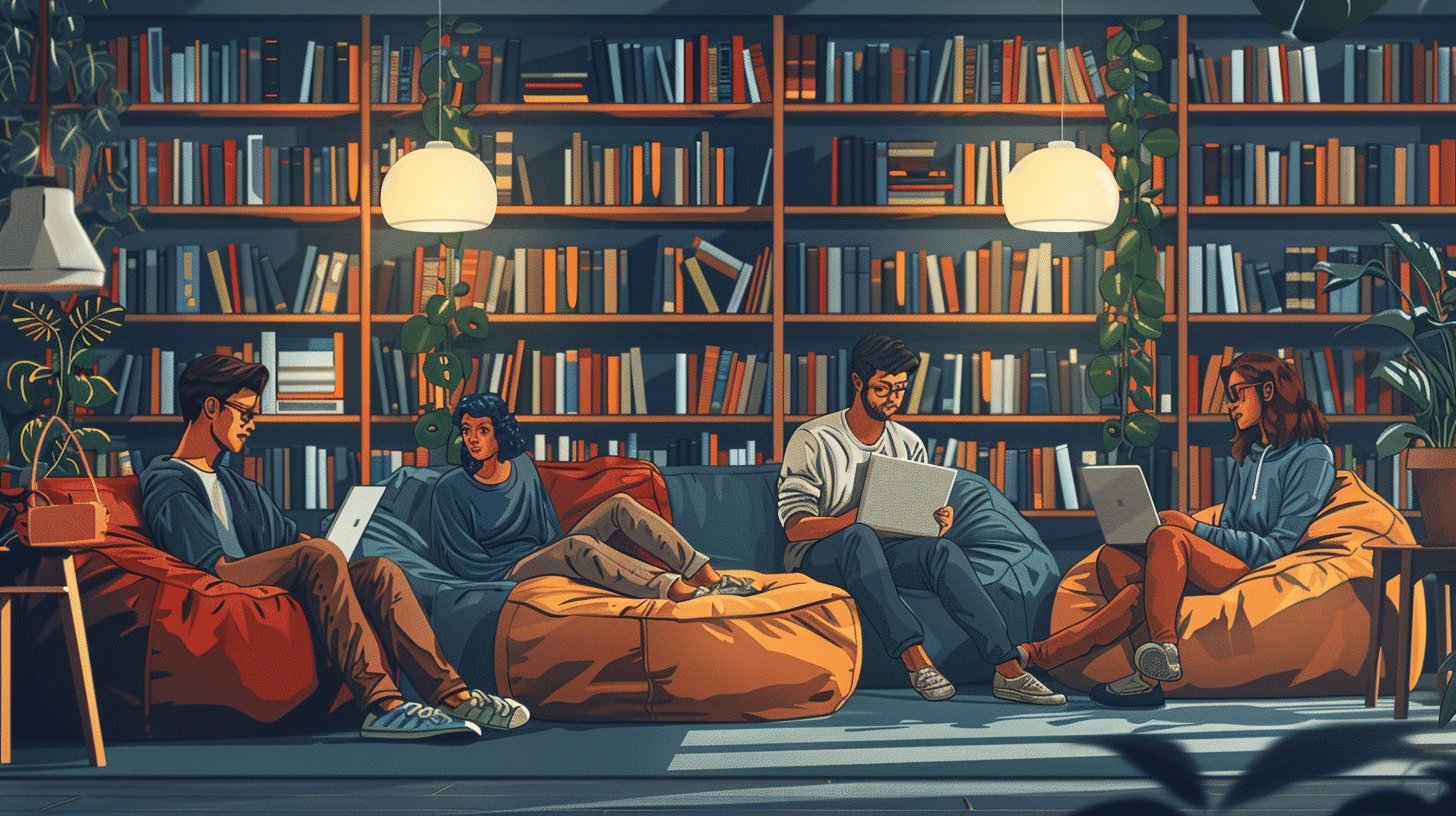Pick a language and start learning!
Agreement of adjectives with nouns in gender and number Grammar Exercises for Bulgarian Language

Mastering the agreement of adjectives with nouns in gender and number is a fundamental aspect of learning Bulgarian. In Bulgarian, adjectives must agree with the nouns they describe in terms of gender (masculine, feminine, or neuter) and number (singular or plural). This agreement is crucial for ensuring that sentences are grammatically correct and convey the intended meaning. For example, the masculine singular form of the adjective 'good' is "добър" (dobâr), while the feminine singular form is "добра" (dobra), and the neuter singular form is "добро" (dobro). Understanding these variations is essential for accurate communication in Bulgarian.
Our grammar exercises are designed to help you practice and internalize these rules, making it easier for you to use adjectives correctly in everyday conversation and writing. By working through a variety of examples and interactive tasks, you will gain confidence in identifying the gender and number of nouns and applying the appropriate adjective forms. These exercises will not only enhance your grammatical skills but also improve your overall fluency in Bulgarian, allowing you to express yourself more precisely and effectively. Dive in and start mastering the intricacies of adjective-noun agreement in Bulgarian today!
Exercise 1
<p>1. Вчера видях една *красива* къща (adjective for a feminine noun).</p>
<p>2. Той има *нов* телефон (adjective for a masculine noun).</p>
<p>3. Купих *свежи* плодове от пазара (adjective for a plural noun).</p>
<p>4. Котката има *черна* козина (adjective for a feminine noun).</p>
<p>5. Децата играят с *големи* топки (adjective for a plural noun).</p>
<p>6. Имам *стар* часовник (adjective for a masculine noun).</p>
<p>7. Тя носи *червена* рокля (adjective for a feminine noun).</p>
<p>8. В градината има *зелени* растения (adjective for a plural noun).</p>
<p>9. Той чете *интересна* книга (adjective for a feminine noun).</p>
<p>10. На прозореца има *синя* завеса (adjective for a feminine noun).</p>
Exercise 2
<p>1. В градината има *красиви* цветя (adjective for beautiful in plural).</p>
<p>2. Този *висок* мъж играе баскетбол (adjective for tall in masculine singular).</p>
<p>3. Тя носи *червена* рокля (adjective for red in feminine singular).</p>
<p>4. Виждам *малко* кученце на улицата (adjective for small in neuter singular).</p>
<p>5. Моята *добра* приятелка ми помага (adjective for good in feminine singular).</p>
<p>6. Ние имаме *нови* учебници (adjective for new in plural).</p>
<p>7. Той купи *голяма* къща (adjective for big in feminine singular).</p>
<p>8. Те са *щастливи* за успеха си (adjective for happy in plural).</p>
<p>9. Това е *стара* кола (adjective for old in feminine singular).</p>
<p>10. Неговият *умен* брат учи в университета (adjective for smart in masculine singular).</p>
Exercise 3
<p>1. Той е *щастлив* (adjective for "happy", masculine singular).</p>
<p>2. Тя носи *красива* рокля (adjective for "beautiful", feminine singular).</p>
<p>3. Децата играят с *нови* играчки (adjective for "new", plural).</p>
<p>4. Къщата е *голяма* и удобна (adjective for "big", feminine singular).</p>
<p>5. Мъжът купи *скъп* часовник (adjective for "expensive", masculine singular).</p>
<p>6. Цветята в градината са *цветни* и красиви (adjective for "colorful", plural).</p>
<p>7. Старецът разказва *интересна* история (adjective for "interesting", feminine singular).</p>
<p>8. Момчето намери *малко* кученце (adjective for "small", neuter singular).</p>
<p>9. Птиците летят в *синьо* небе (adjective for "blue", neuter singular).</p>
<p>10. Вечерята беше *вкусна* и топла (adjective for "delicious", feminine singular).</p>






